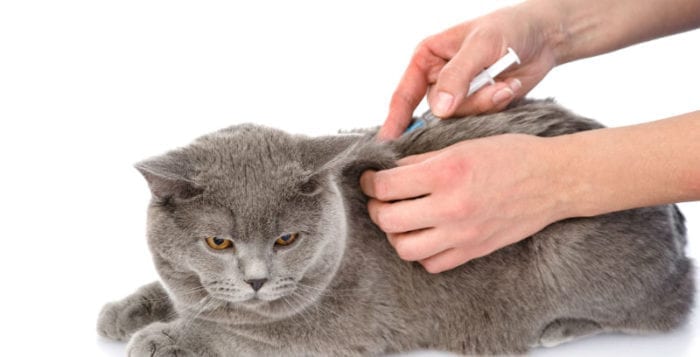Ask the Vet: An update on vaccines 2019
By Matthew Kearns, DVM

I often get asked, “Are vaccines really necessary for my pet every year?” The answer is, “Yes and no.” This two-part series will hopefully expand on that murky answer.
A brief review of how the immune system works is a good place to start. The immune system has two major components: humoral and cell mediated. Humoral immunity refers to the portion of the immune system that produces antibodies. Antibodies are proteins that are made by certain white blood cells against specific diseases (viral, bacterial, fungal, etc.).
These proteins attach to these foreign invaders and release chemical signals to recruit a different set of white blood cells to attack. This other set of white blood cells are labeled as cell-mediated immunity and they attack and kill foreign invaders before they can harm our pets.
The body needs BOTH humoral and cell-mediated immunity to effectively fight infections; without one, the other is useless. Vaccines are designed to stimulate both components of the immune system without causing disease or infection.
Once the vaccination is administered, our pet’s immune system processes these proteins to produce antibodies against these invaders and prime the white blood cells to be ready to fight if they are exposed to infection naturally.
Here is the problem. When measuring the body’s ability to fight infection, veterinarians can only measure one part of the immune system: the humoral component, or antibodies. Antibodies are proteins; so a blood sample is sent to the laboratory to measure antibody titers produced by the immune system against certain diseases. If the level is high enough, it is deemed “adequate titers.”
Unfortunately, since antibodies are only signals to the cell-mediated component of the immune system, adequate antibody levels do not guarantee the ability to fight infection in all cases. There are both human and veterinary studies that back this finding.
The good news is that there are also studies that have proven that inadequate antibody titers does not always mean that your pet will become sick even if exposed to certain infections. Sound confusing? If it makes you feel any better, this is confusing to us veterinarians and we’re supposed to be the experts.
Veterinarians will follow the recommendations of the vaccine manufacturer, and the manufacturers have made it a little easier with vaccine trials. Vaccine trials refer to studies where, after administering a vaccine not only are antibody levels measured, but patients are also exposed to the actual infection to see if they develop symptoms. The initial series of vaccines and recommended updates are based on these trials.
I hope this gives you the knowledge base to continue the discussion in my next article. It will discuss in more depth concerns about how often vaccines should be given, risk factors in the administration of vaccines and both New York State and Suffolk County laws on mandatory vaccination.
Dr. Kearns practices veterinary medicine from his Port Jefferson office and is pictured with his son Matthew and his dog Jasmine. Have a question for the vet? Email it to [email protected] to see his answer in an upcoming column.







